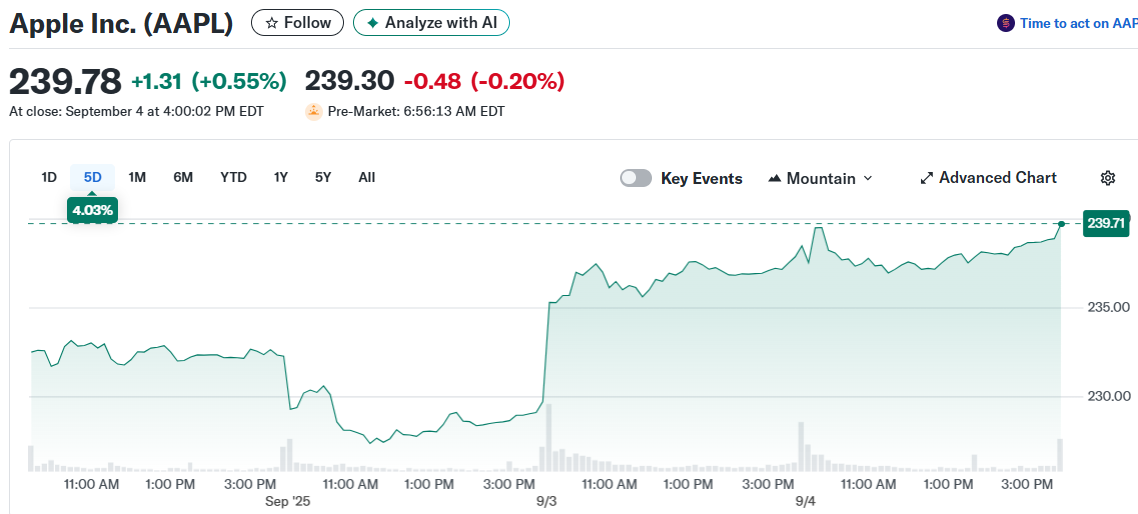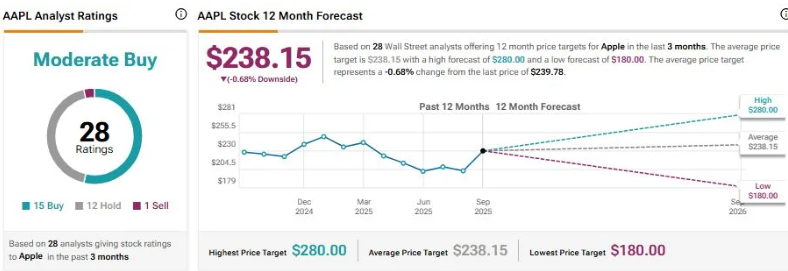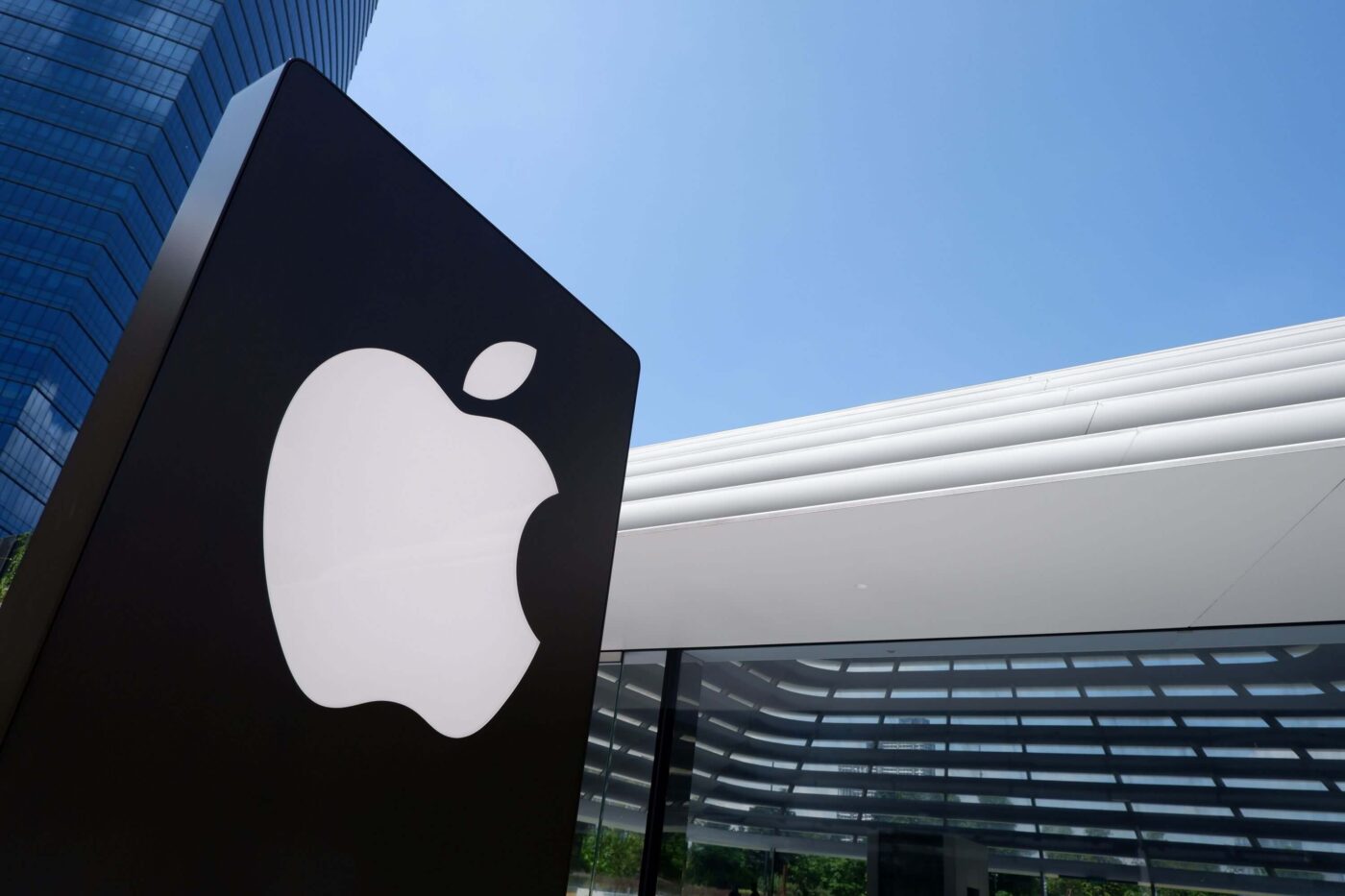TLDR
- Apple Chairman Arthur Levinson sold $20 million worth of Apple stock in late August, selling 90,000 shares at around $232 each
- Apple hit record India sales of nearly $9 billion for fiscal 2025, representing 13% growth from the previous year
- The India growth was driven primarily by strong iPhone demand, with MacBook sales also contributing to momentum
- Apple is expanding its retail presence in India with new stores in Bangalore and Pune, plus planned locations in Noida and Mumbai
- About 20% of iPhones are now manufactured in India across five factories as Apple reduces reliance on China production
Apple’s chairman Arthur Levinson made headlines this week after selling more than $20 million worth of company stock. The transaction comes as Apple reaches a major milestone in India with record annual sales.
SEC filings show Levinson sold 90,000 Apple shares on August 28 at prices between $231.82 and $232.36. The shares were originally purchased in February 2001 for around 29 cents each. After the sale, Levinson still owns 4,069,576 Apple shares worth approximately $976 million.
Levinson has served as Apple’s board chairman since 2011 and joined the board in 2000. He currently serves as CEO of Calico, Alphabet’s biotech company focused on aging research. His spouse indirectly owns an additional 56,000 shares worth $13 million.

The stock sale occurs as Apple stock has underperformed this year. While shares have gained 3.1% since Levinson’s transaction, they’re down 4.3% year-to-date compared to the S&P 500’s 11% gain.
India Becomes Growth Driver
Apple reached a new milestone in India with annual sales hitting nearly $9 billion for fiscal year 2025. This represents 13% growth from the previous year’s $8 billion in revenue. The growth was driven mainly by strong iPhone demand, with MacBook sales also contributing.
India’s performance stands out as Apple faces slowing smartphone demand in other regions. The results show India becoming increasingly important for Apple’s global strategy.
Apple has been expanding its retail footprint in India. The company opened new stores in Bangalore and Pune this week. Additional outlets are planned for Noida and Mumbai next year.
Since opening its first flagship stores in Mumbai and New Delhi in 2023, Apple has used various strategies to attract customers. Trade-in offers, student discounts, and bank rebates help offset India’s higher iPhone prices. These tactics have successfully attracted more middle-class buyers.
Manufacturing Expansion
India serves as both a key market and production hub for Apple. About 20% of iPhones are now manufactured there across five factories. Two of these facilities opened recently as part of Apple’s expansion strategy.
This manufacturing shift helps Apple reduce dependence on China. Chinese revenue rose 4.4% in the June quarter, marking the first increase in two years. However, Apple continues losing market share to local competitors like Xiaomi and Huawei.

Apple’s regional revenue breakdown shows the Americas leading at $41.2 billion. Europe contributed $24 billion, while Greater China added $15.4 billion. The Rest of Asia Pacific generated $7.7 billion, and Japan contributed $5.8 billion.
Despite India’s strong growth, it still represents a small portion of Apple’s global business. However, the growth trend appears clear as rising incomes and a young customer base drive demand.
Apple’s next major catalyst comes September 9 with its product showcase. The company is expected to unveil its iPhone 17 lineup at the event.






